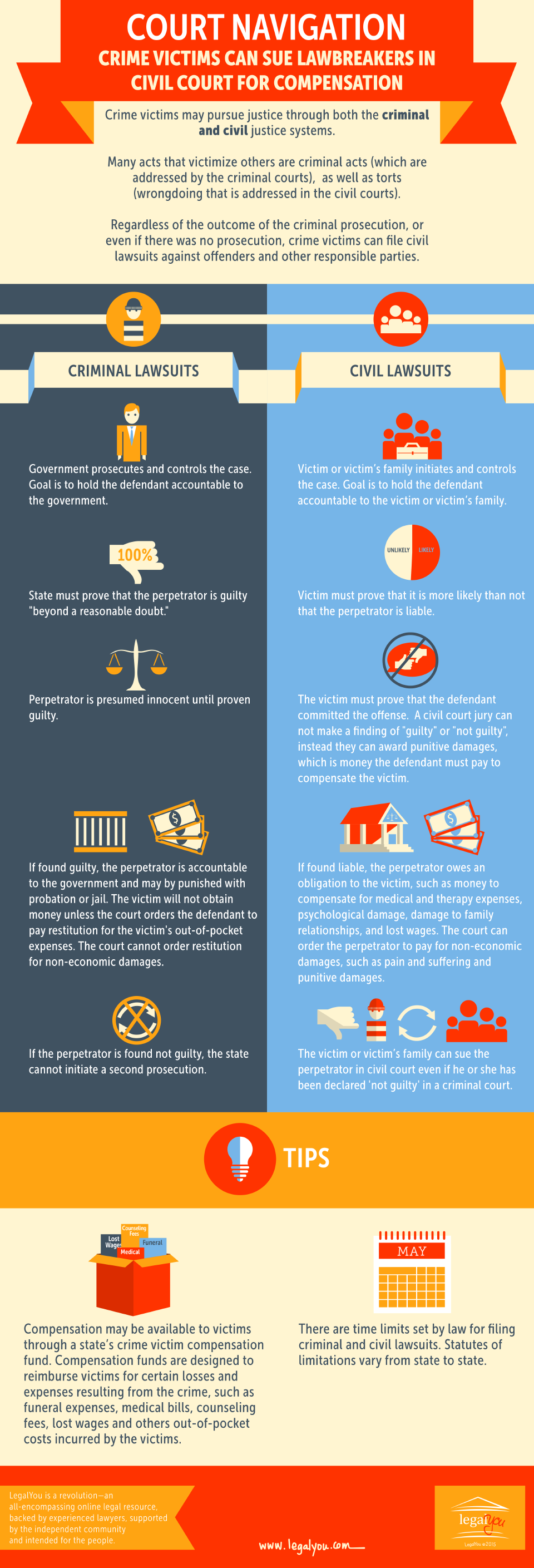Arbitration In Household Legislation Vs. Litigation: Which Should You Opt For?
Arbitration In Household Legislation Vs. Litigation: Which Should You Opt For?
Blog Article
Content By-Estes Osborn
When you're confronted with family law problems, making a decision between arbitration and lawsuits can be tough. Each option has its own benefits and disadvantages, and the ideal selection usually hinges on your details situations. Arbitration advertises partnership, while litigation provides an extra organized approach. But which approach straightens best with your family members's demands? Recognizing https://www.myheraldreview.com/news/courthouse/criminal-defense-lawyers-get-ok-to-directly-contact-crime-victims/article_62d84880-c688-11ec-b261-6f86f3a5878f.html of each can assist you navigate this crucial decision. Allow's check out the information even more.
Recognizing Family Members Regulation Arbitration
When you deal with household disputes, comprehending family members legislation mediation can make a considerable difference in how you solve problems.
Arbitration supplies a collaborative strategy, enabling you to deal with a neutral third party to reach an arrangement. Unlike litigation, which can be adversarial and expensive, mediation encourages open communication and helps you preserve control over the end result.
You'll find it much less formal and a lot more flexible, enabling you to tailor solutions that match your family members's unique needs. Plus, arbitration commonly causes quicker resolutions, reducing emotional anxiety for every person involved.
Checking Out Household Law Lawsuits
While mediation highlights cooperation, family members legislation litigation takes an extra adversarial technique, usually bring about prolonged court battles.
In litigation, you'll present your instance before a court, that makes binding decisions on problems like child guardianship, support, and residential property division. This process can be demanding and emotionally draining, as it frequently includes considerable prep work and legal representation.
You'll gather proof, prepare witness statements, and navigate complex lawful procedures. The unpredictability of court results can contribute to your anxiety.
Furthermore, litigation can considerably raise your costs, with prices piling up from attorney fees and court charges. If you select this route, be prepared for a possibly prolonged timeline, as court schedules can postpone resolutions for months or even years.
Weighing the Pros and Cons of Each Technique
Selecting between household legislation arbitration and litigation requires mindful consideration of their corresponding benefits and drawbacks.
Mediation supplies a collective atmosphere, where you can reach agreements that fit both celebrations, usually conserving time and money. It's generally less adversarial, which can assist protect partnerships, specifically if kids are entailed. Nevertheless, it may not be suitable if there's a considerable power discrepancy or if one celebration refuses to comply.
On the other hand, litigation gives an organized setting with a conclusive resolution through a judge's judgment. It works for complex legal issues but can be time-consuming and pricey. The adversarial nature typically rises stress, making future communications harder.
Ultimately, your selection needs to line up with your particular circumstance and goals.
Verdict
In determining between household law mediation and lawsuits, think about your family's certain demands. If you value open communication and flexibility, mediation could be your best option. Nonetheless, if your circumstance entails intricate concerns or significant power discrepancies, litigation could provide the necessary framework. Inevitably, weigh https://squareblogs.net/ulysses439reatha/discovering-kid-custody-just-how-a-household-law-lawyer-can-help-you-in and disadvantages of each method thoroughly, and pick the course that feels right for you and your family members's unique dynamics. Your comfort matters most.
